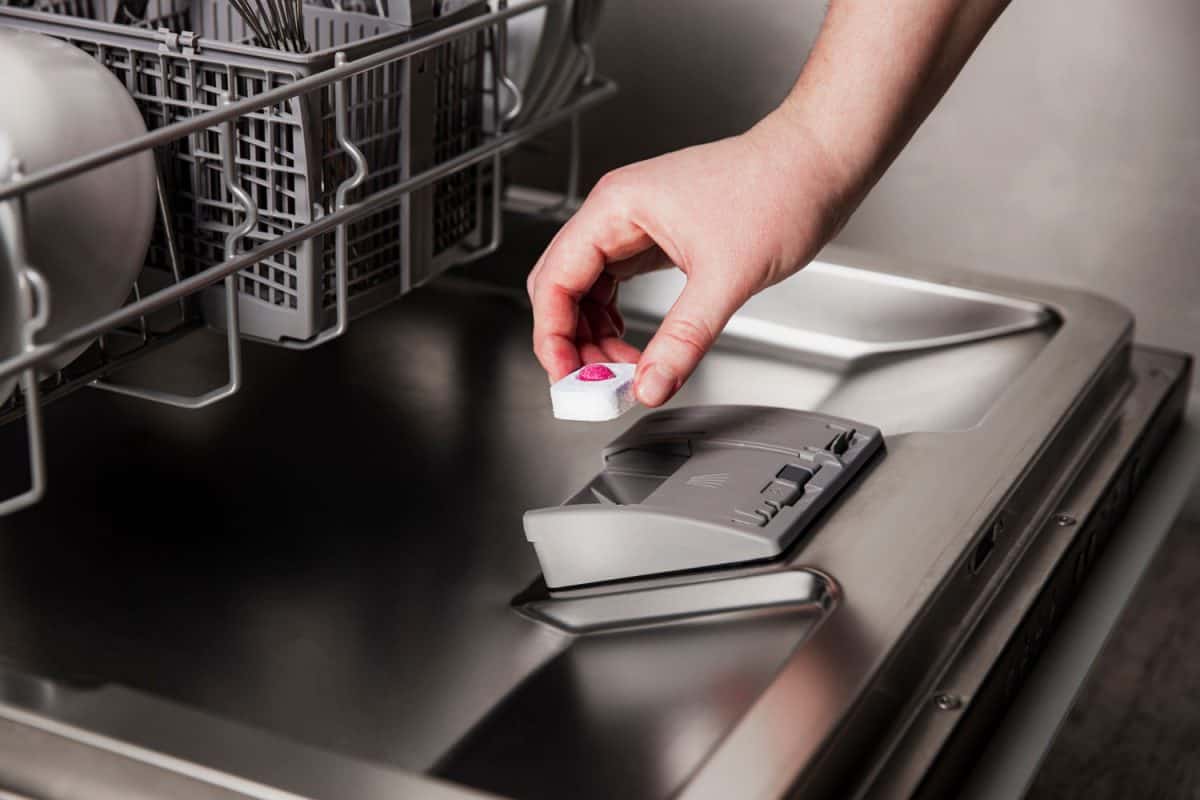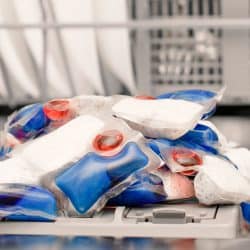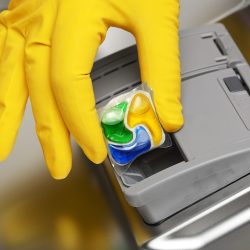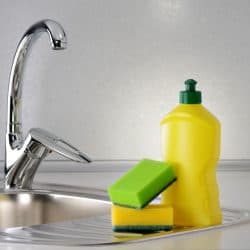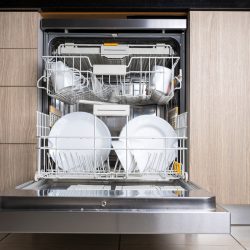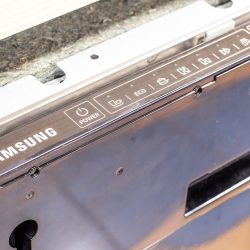The dishwasher is quite possibly one of the most used appliances in the kitchen. After all, who wouldn't want an extra helping hand to do the dishes instead of poring over them in the sink? You've probably used it a hundred times, but there might be an instance where you find yourself without hot water and ask yourself if your dishwasher will run without it. We've researched this very question to quench our curiosity too.
Dishwashers typically use hot water to clean the dishes. However, when hot water is not available, you can still run your dishwasher with cold water. It doesn't do as well of a washing job, but your dishwasher will run perfectly fine with cold instead of hot water.
Running the dishwasher without hot water may be unusual to some, but it is something a lot of people do. You might have some questions if it's good to keep the dishwasher running without it. Fortunately, we've rounded up the answers to your questions. Keep reading this article to know more about using your dishwasher without hot water.
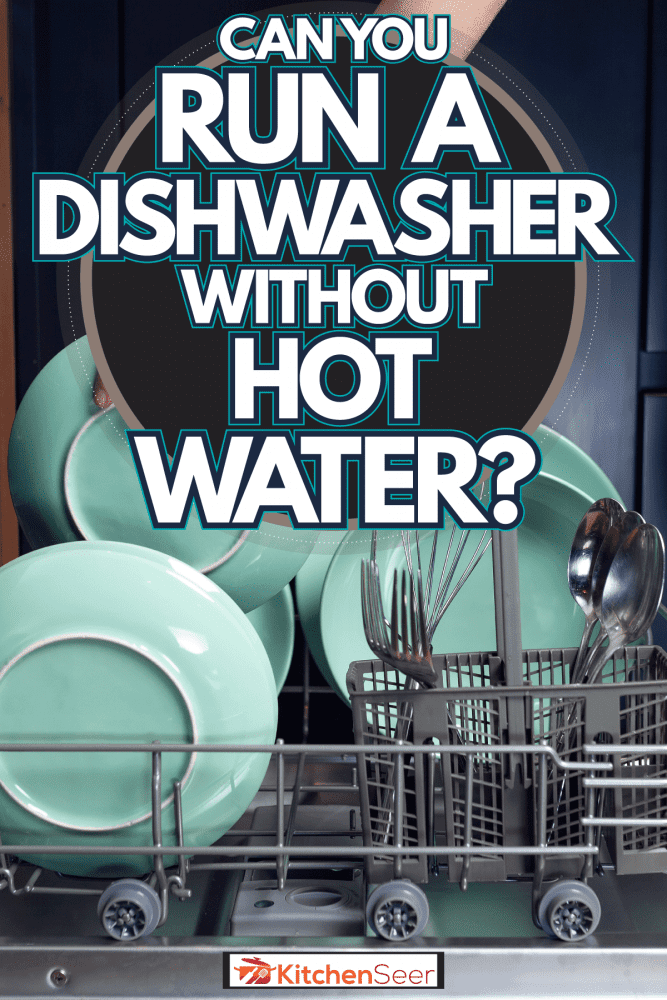
Can You Run A Dishwasher Without Hot Water?
Most dishwashers installed for home use are either connected to the hot water line or come with their own heating element. This is because dishwashers use hot water to thoroughly clean the dishes and the heat also sanitizes the items after washing.
Unfortunately, there may be some instances in which hot water is not available to use for the dishwasher. The hot water line may not be working properly, or the heating element of the dishwasher has started to malfunction. If this is the case, some users do wonder if they can still run the dishwasher without using hot water.
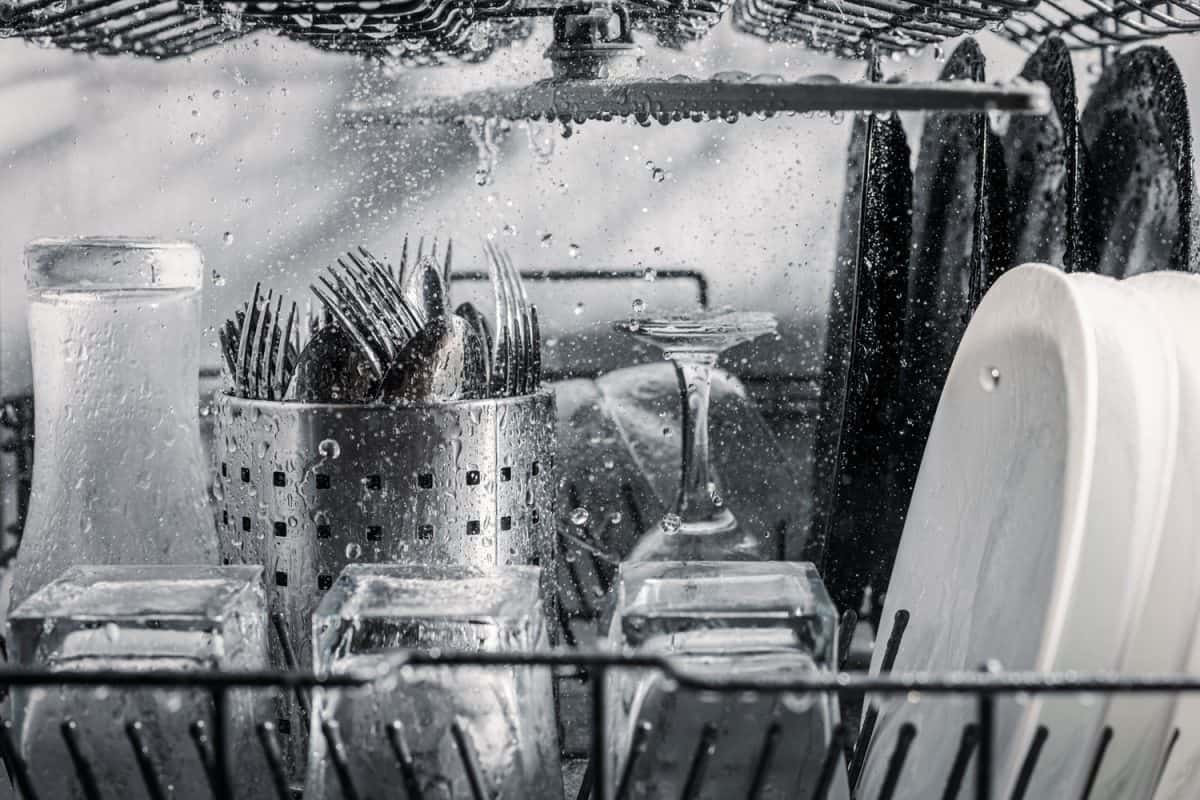
Using the dishwasher using regular cold water will not harm your dishwasher, but you may find that it isn't as good as cleaning the dishes as with hot water. This is because cold water doesn't remove grease well, so there might be some residue left if you don't use hot water.
Your dishwasher will also require extra time to finish the cleaning cycle when it only runs with cold water.
Do Dishwashers Heat Up Their Own Water?
Newer models of dishwashers now come with their own heating element to heat up their water. The advanced heating elements inside can heat up the water to the desired temperature, helping ensure your dishwasher uses hot water to clean your dishes.
One of the suggestions for optimum dishwasher use is connecting it to your hot water line directly. Doing so will lessen your electricity bill because your dishwasher's heating element won't have to heat the water on its own.
Connecting your dishwasher to the hot water line also ensures that your dishwasher will continue cleaning properly even if the heating element fails.
Can You Add Hot Water To The Dishwasher Manually?
Knowing that hot water is the best way to clean the dishes, a lot of people have also asked if they can add the hot water to the dishwasher manual if the heating element or the hot water line is faulty. Some people think they can warm up the water on the stovetop or microwave and add it to the dishwasher manually.
Unfortunately, this is impossible; it shouldn't be attempted. The machine might be damaged since the dishwasher makes use of a lot of water during the wash cycle. The door of the dishwasher is also locked during this period, so forcing it open to add hot water may damage the machine's lock system.
How Much Water Does The Dishwasher Use?
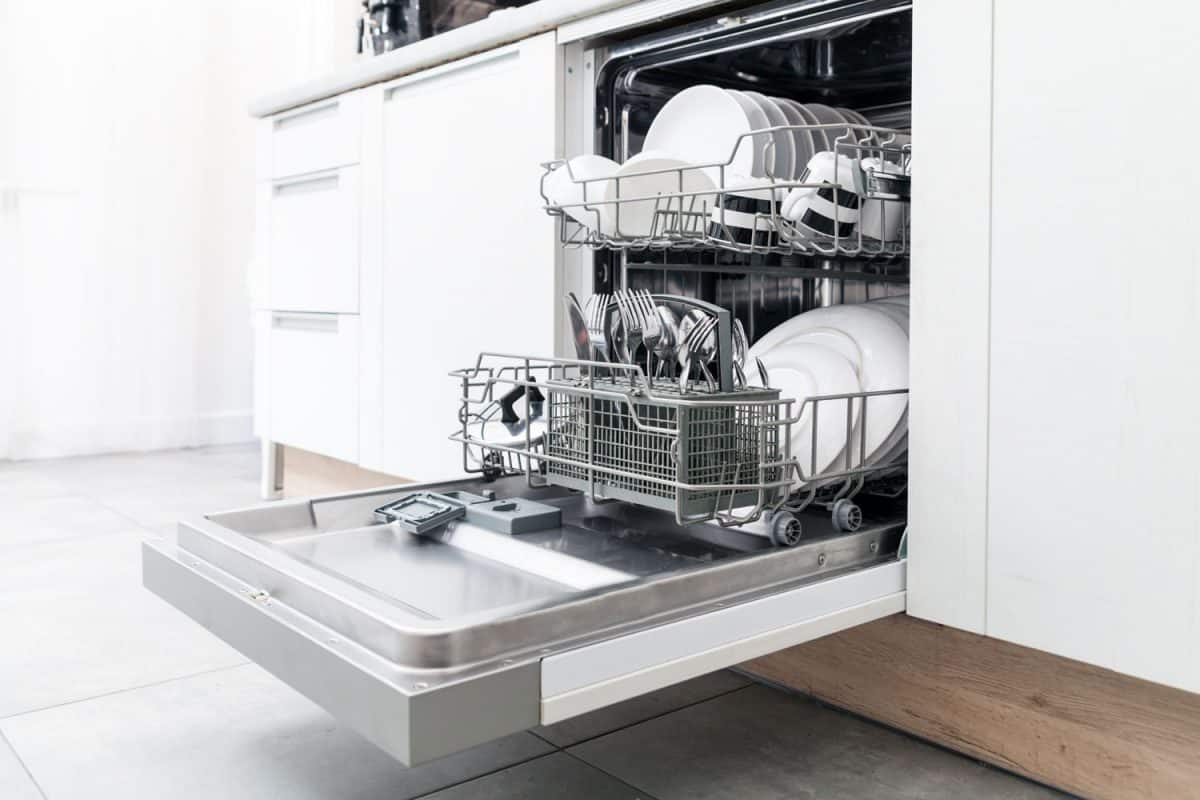
Depending on the capacity and also the model of your dishwasher, these appliances generally use about six gallons of water per wash cycle. Newer and ENERGY STAR® rated dishwashers generally use less water at four gallons or less.
It's a lot less water used up than washing dishes by hand, which can sometimes consume up to 27 gallons of water per load!
With this amount of water being used per load on your dishwasher, there are ways to make it more water and energy-efficient. These tips should help lower your energy costs and ensure that just enough water is used.
Fill up your machine
When using a dishwasher, your appliance will use the same volume of water and electricity to run a cycle, whether or not the machine is filled up completely or not.
In order to save energy and water, make sure that you run your dishwasher on a full load. Do not over-fill your machine, though; make sure that you have enough space to allow water to freely circulate so it can clean your dishes better.
Repair quickly
It is inevitable to have your dishwasher break down once in a while, especially the heating element. If one of your dishwasher's functions breaks, make sure to have it fixed immediately. Aside from the inconvenience of a half-working dishwasher, leaving it out to work while broken may further cause damage to your appliance.
Remember to clean
One mistake a lot of people make when using their dishwasher is that they forget to clean the inside. Keep your dishwasher filter and spray arm clean from all debris and mineral deposits to ensure that your appliance is working efficiently.
What Soap Should Be Used For A Dishwasher?
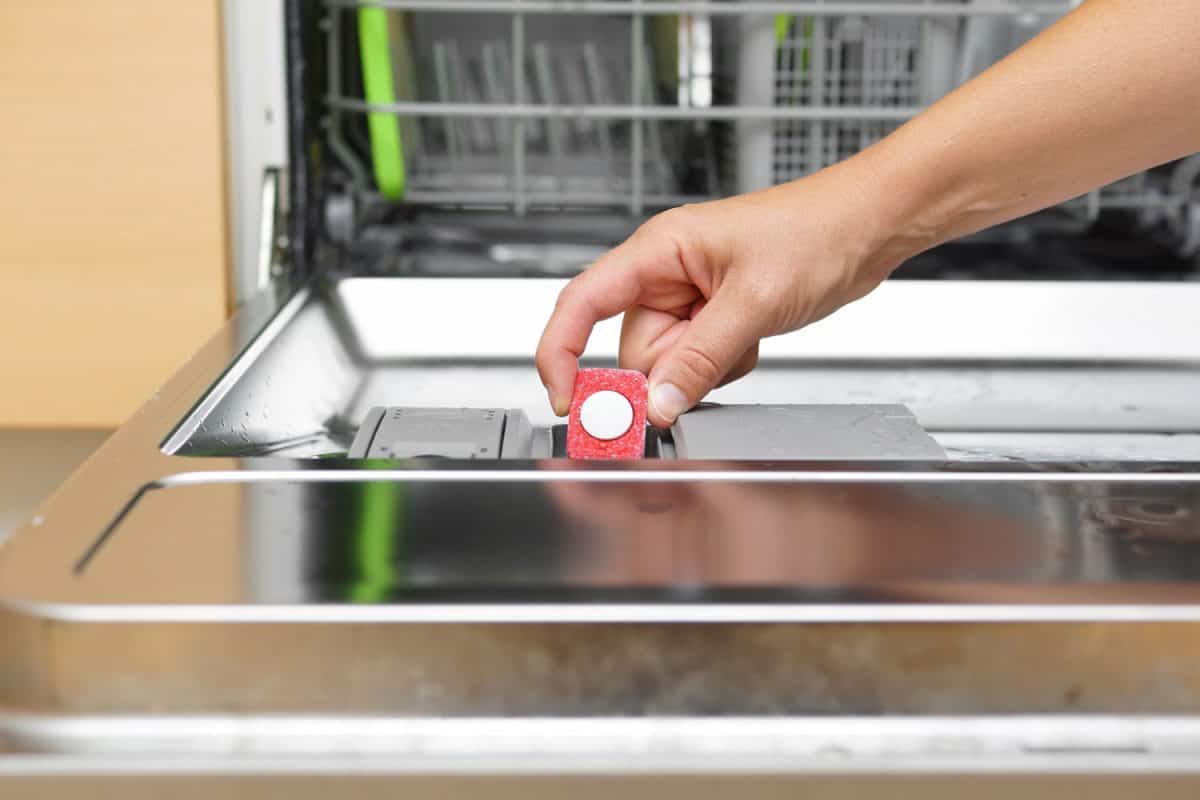
Aside from the hot water to clean the dishes, another important thing to use in your dishwasher is the right soap for your machine. A lot of people think that regular dishwashing liquid will work, but unfortunately, this is not the case. Dishwashers use a specific detergent for the machine that will effectively clean your dishes.
When using a dishwasher, you have to make sure that you use dishwasher detergent. These detergents are not sudsy, and they are very effective in cleaning. Hence, this is the reason why regular dishwashing liquid is not suggested to use in a dishwasher because it will create a lot of suds, and it might overflow out of your dishwasher.
Kinds of Dishwashing Detergent
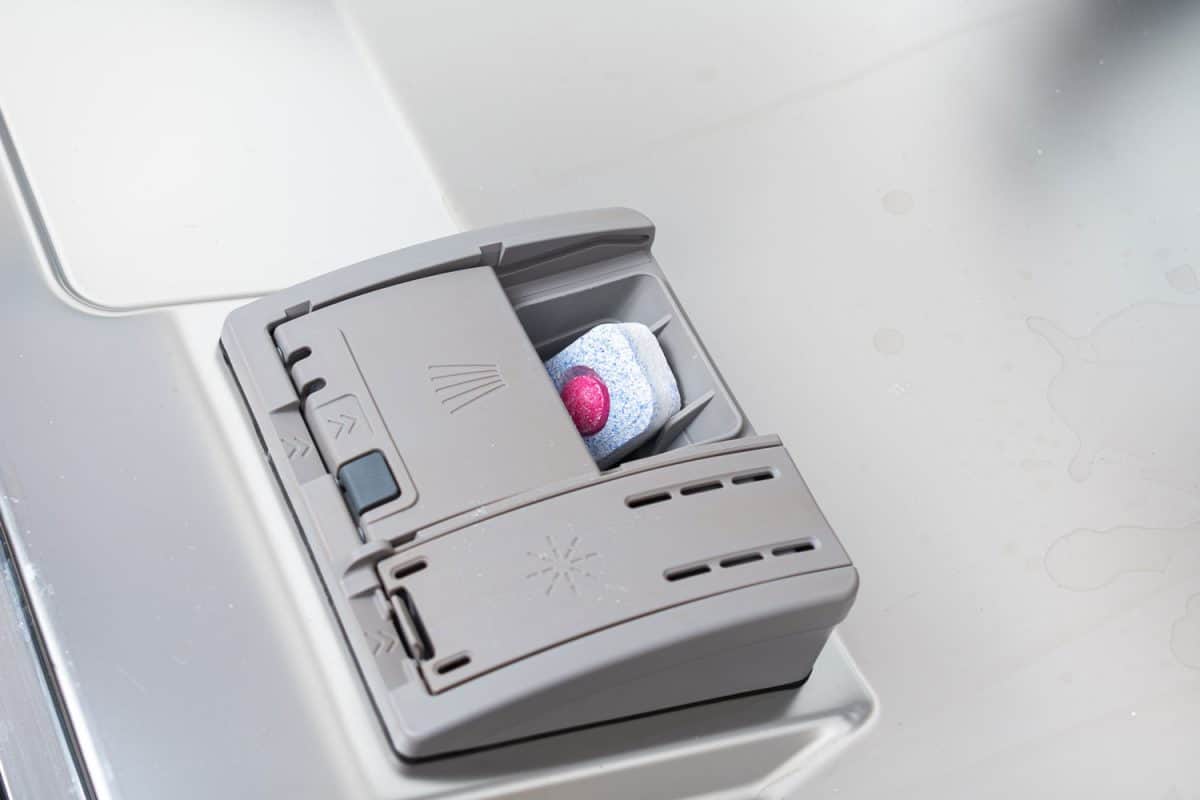
There are three types of dishwashing detergent that you can use with your appliance, and the choice is up to you and what works best with your machine. These forms are easy to use and can be loaded into your dishwasher effortlessly.
Dishwashing tablets or pods
These little tablets are concentrated dishwashing powder in brick form. These little bricks can be placed on the dispenser, but some users find that it works better when it is thrown directly inside the dishwasher.
A different and newer version of the dishwashing tablets is dishwashing pods. These pods are filled with dishwashing gel, and the pods easily dissolve when water is mixed in with it.
The benefit of using tablets or pods is that the detergent is already pre-measured, and you know how many cycles a package will give you. They also won't spill everywhere because the tablets or pods are easy to store. But for every benefit, there is a disadvantage, and for this particular dishwashing detergent, you may find them more expensive than the other forms.
Dishwashing powder
This form of dishwashing detergent is in powder form, and it is dispensed by pouring or scooping it into the dishwasher's dispenser. It is the cheapest form of detergent because you can get more product for every package, but it also takes a bit of practice to use it.
You have to use the right amount because over-pouring might leave a powdery residue on your dishes. Under-pouring might not clean your dishes properly.
Check out this dishwashing powder on Amazon.
Dishwashing gel
The dishwashing gel is similar to the dishwashing liquid that is used for hand-washing the dishes in the sink. However, it is thicker, and it dissolves easier than powder, so you only need to pour the right amount into the dishwasher dispenser.
You just have to make sure that you don't use too much dishwashing gel as it has the tendency to leave a film on your dishes.
See this dishwashing gel on Amazon.
Final Thoughts
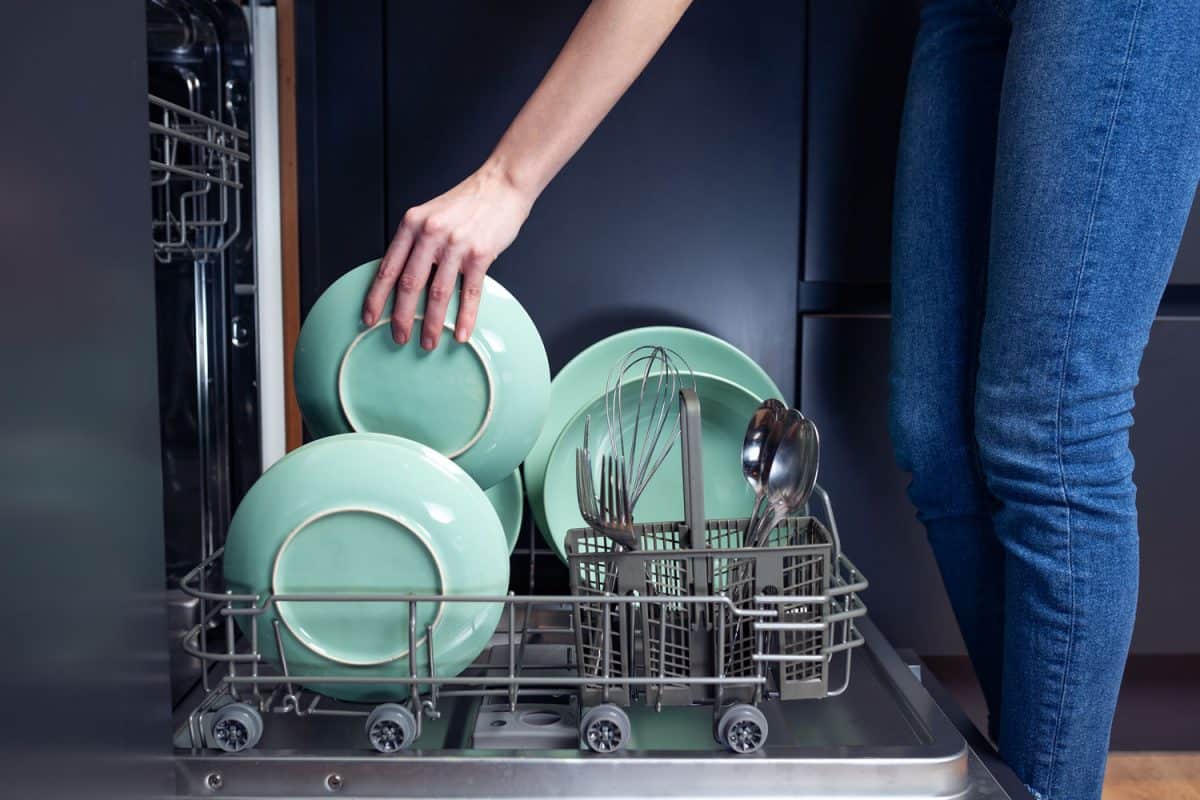
Using hot water in your dishwasher is the best way to clean and sanitize your dishes, but there may be some occasions in which hot water may not be available. If cold water is the only option out there, your dishwasher will continue working, although your dishwasher may not be able to clean your dishes optimally.
The best way to resolve this issue is to make sure to connect your dishwasher to your hot water line, even if it has its own heating element.
Do you have more questions about using your dishwasher? We've got a couple of articles for you to check out:
Can Pizza Pans Go In The Dishwasher?
How Much Electricity And Water Does A Countertop Dishwasher Use?

